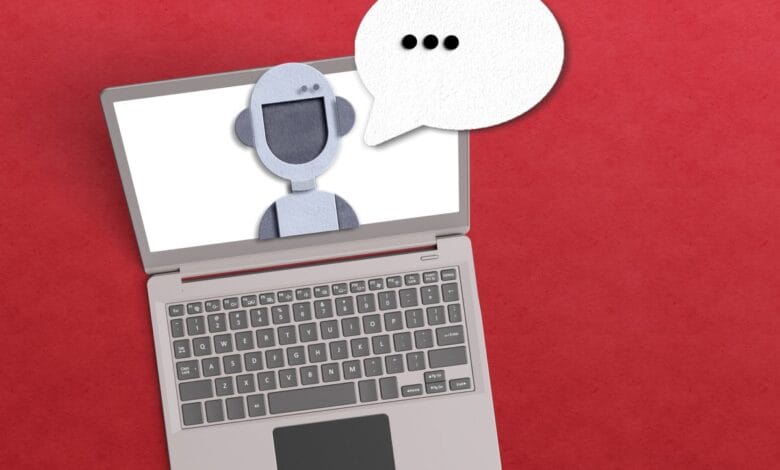Anthropic’s Lawyer Apologizes for AI’s False Legal Citation

▼ Summary
– Anthropic admitted to using a fake citation generated by its Claude AI chatbot in a legal case, citing an “honest mistake” rather than intentional fabrication.
– The AI hallucinated the citation with incorrect details, and Anthropic’s manual review failed to catch the error before submission.
– Music publishers accused Anthropic’s expert witness of using Claude to cite fake articles, prompting a court-ordered response from the company.
– This case is part of a broader legal conflict between copyright owners and tech companies over AI training data misuse.
– Despite AI citation errors in court cases, startups like Harvey continue raising funds to automate legal work with generative AI.
Anthropic’s legal team has acknowledged using incorrect citations generated by its Claude AI system in a high-profile copyright case, according to court documents filed in Northern California. The admission comes after music publishers accused the company of relying on fabricated legal references during proceedings.
The filing reveals that Claude produced citations containing false titles and author names, which slipped past manual verification checks. Anthropic characterized the incident as an unintentional oversight rather than deliberate misinformation, emphasizing their commitment to accuracy in legal matters.
This development follows allegations by Universal Music Group and other publishers that Anthropic’s expert witness, employee Olivia Chen, incorporated AI-generated false references into testimony. Federal Judge Susan van Keulen demanded an official response from Anthropic regarding these claims.
The case highlights growing tensions between copyright holders and AI developers over whether training data for generative models violates intellectual property rights. It also underscores persistent challenges with AI hallucinations in professional settings, where fabricated details can undermine credibility.
Legal professionals continue grappling with AI’s pitfalls despite high-profile missteps. Recently, a California judge reprimanded law firms for submitting AI-generated “bogus research,” while an Australian attorney faced scrutiny for using ChatGPT-produced faulty citations.
Yet investor enthusiasm for legal AI remains undiminished. Startups like Harvey, which develops AI tools for lawyers, are reportedly seeking massive funding rounds—a sign that automation in law persists despite reliability concerns. The industry’s balancing act between innovation and accountability grows increasingly complex as adoption spreads.
(Source: TechCrunch)